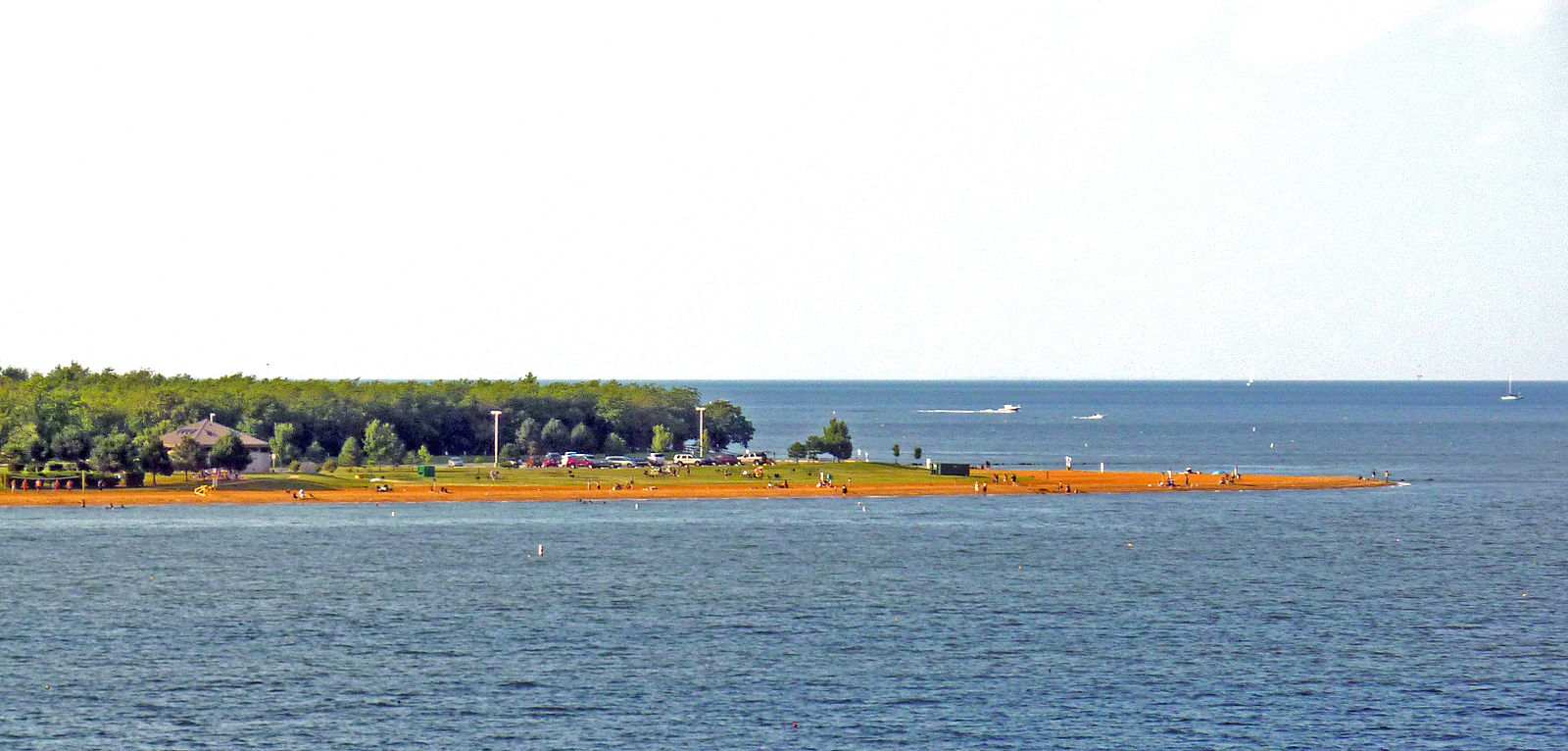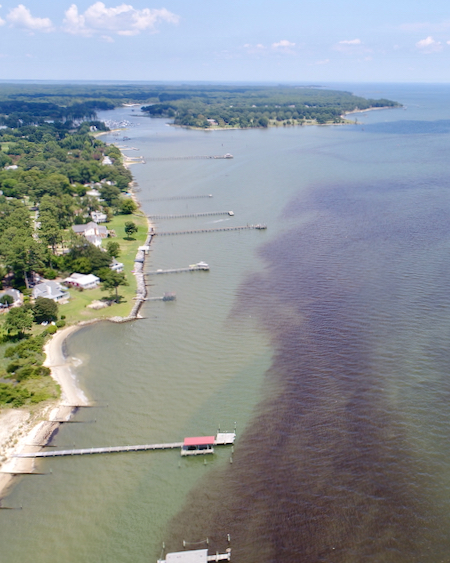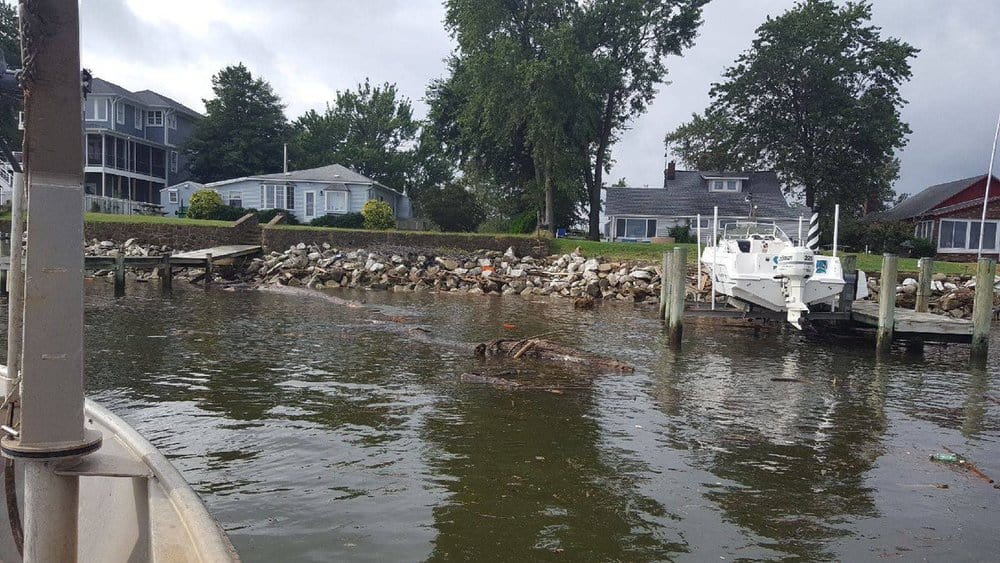After years of Maryland’s governor and lawmakers pleading for more H-2B seasonal worker visas to sustain the crab picking industry, the federal government finally delivers.
The U.S. Department of Homeland Security and Department of Labor announced they will add nearly 65,000 supplemental non-agricultural visas for foreign workers to the 66,000 that are already congressionally mandated.
The H-2B visa program allows business owners to fill temporary and seasonal work positions in the United States for which businesses cannot successfully find willing, skilled and available Americans. The crab processing industry on Maryland’s Eastern Shore relies heavily on H-2B workers to pick crabs in the spring and summer.
Year in and year out, processors say that when spread across businesses throughout the United States, 66,000 visas is just not enough. They’re made available using a lottery system, and not everybody wins the lottery. At last check, Maryland had 23 crab picking houses. Many are left without worker visas.
In recent years, the Bay’s crabmeat industry has been left begging for the Department of Homeland Security to add additional visas in the 11th hour. After nine out of 10 Hoopers Island crab picking houses struck out in the 2022 lottery, Chesapeake Bay Magazine was there as industry leaders called for help. Finally, 35,000 more visas were announced on March 31—the night before crab season opened. Even if a crab business wins the lottery thanks to late-add visas, Chesapeake Bay Seafood Industries Association President Jack Brooks told us it would take 5-6 weeks for workers to arrive.
Then again in 2023, 35,000 additional visas were made available just a few weeks before the season began.
This time around, the number of additional visas has nearly doubled, and they’re not all coming at the last minute. By announcing plans in Nov. 2023, the federal government says it will ensure U.S. businesses can plan ahead and find the seasonal workers they need.
But the supplemental visas do come with limits: 20,000 of the visas will be allocated to workers from Colombia, Costa Rica, Ecuador, El Salvador, Guatemala, Haiti, and Honduras. Another 44,716 supplemental visas would be available to returning workers who received an H-2B visa, or were otherwise granted H-2B status, during one of the last three fiscal years, the Department of Homeland security says. Those returning visas would be available between the first and second half of 2024, so that companies like crab processors can meet the demands of peak summer season.
In 2021, former Governor Larry Hogan said it would take 450 workers to process blue crab at all of Maryland’s crab picking houses. He also cited University of Maryland Research that found every H-2B temporary worker in crab processing helps create an average 2.5 jobs for American citizens. Without them, a Maryland Department of Agriculture survey found, seven out of eight crab processors said they wouldn’t open without enough H-2B workers. The shuttering of those businesses could cause a $100-$150 million hit to Maryland’s economy, including income for watermen.
The Biden administration says the country-specific allocation allows them to build a safe and orderly immigration system. Homeland security and labor department leaders say there are “robust” protections in place for U.S. workers (ensuring that employers first seek out and recruit American workers for the jobs to be filled) and foreign workers (ensuring they are not exploited by any employer).
Congressman Andy Harris (MD-01), who serves much of the Eastern Shore, said in a statement that the additional visas will be “much needed help” to crab processing businesses and the tourism industry. “While there is still more work to do, the release of these additional visas is a step in the right direction as we work to find a permanent solution to help our seasonal businesses on the Eastern Shore.”
-Meg Walburn Viviano




